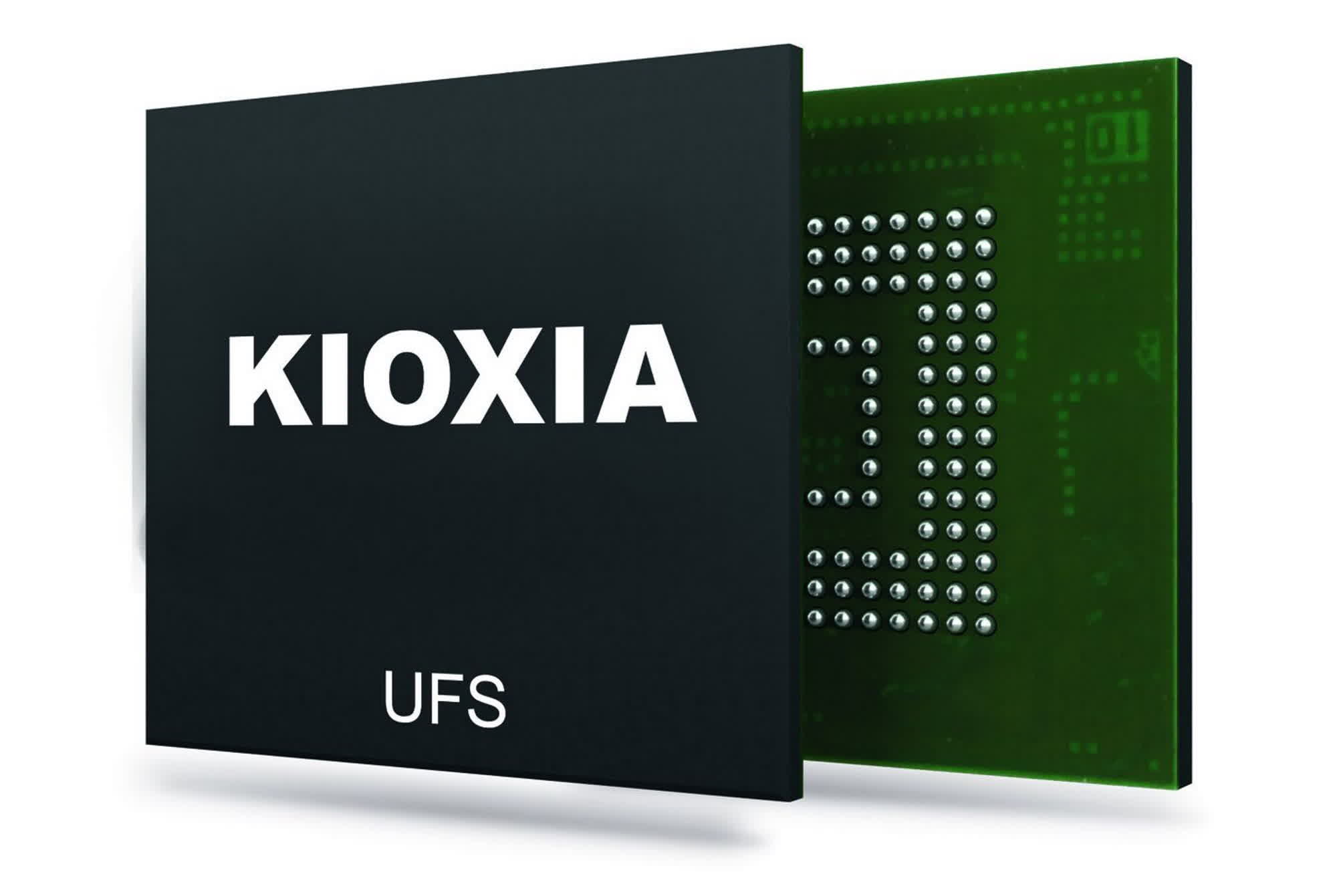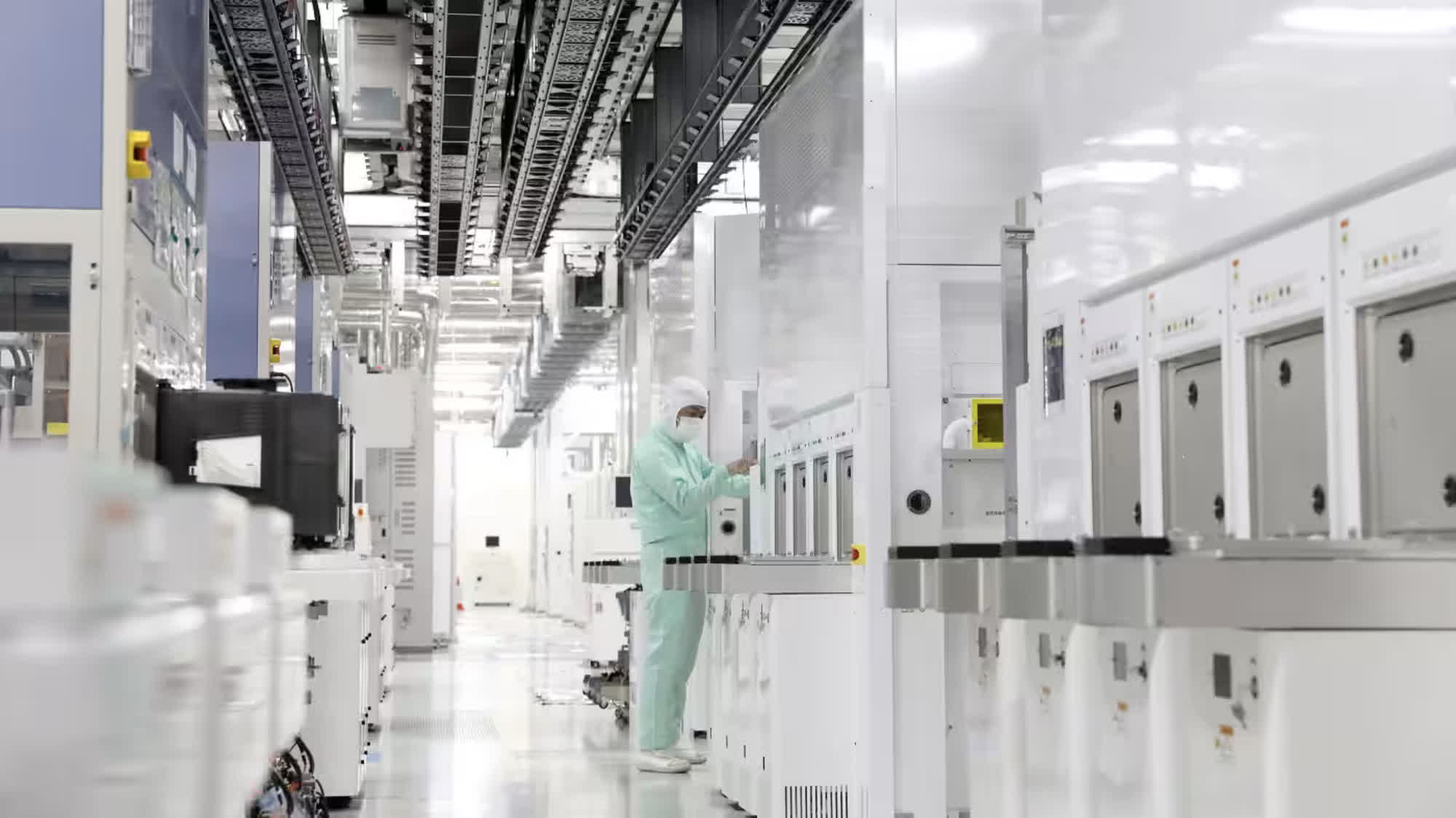In a nutshell: Kioxia and Western Digital stand as two of the world's largest memory manufacturers. While both companies recently faced challenges due to a decline in the NAND flash market, the Japanese government is eager to support them in their efforts to recover and effectively contribute to the anticipated surge in chip production.
Japan's industry minister, Ken Saito, recently announced a substantial increase in public funding to support Kioxia and Western Digital's chip business. These two major memory manufacturing companies are planning to boost chip production in Mie and Iwate prefectures, anticipating significant growth in the memory business.
Tokyo is allocating a total of 242.9 billion yen ($1.64 billion) in public funding to the two companies, which includes subsidies originally announced in 2022 (92.9 billion yen) and an additional sum of 150 billion yen. This funding will be utilized for the mass manufacturing of NAND flash memory chips with 218 layers, and the first commercial products are expected to be ready for shipment by September 2025.
The establishment of the two new plants requires a total investment of 450 billion yen, and Japanese authorities anticipate a "significant" positive impact on regional economies with the creation of approximately 9,000 new jobs. Additionally, "next-generation" memory products are expected to roll out of the production lines by 2029.

Minister Saito highlighted how generative AI will drive a new surge in securing a consistent supply of high-performance memory chips. Market analysts anticipate sales growth throughout 2024 after a lackluster 2023. The collaborative investment by Kioxia and Western Digital unites Japan and the US in fulfilling their role as suppliers of the crucial memory chips required globally, according to Saito.
Kioxia, credited with inventing flash memory in the 80s when it was still part of the Toshiba conglomerate, recently explored a merger with Western Digital. However, SK Hynix, the world's second-largest memory manufacturer (after Samsung) and a Kioxia investor, opposed the merger, leading Western Digital to consider spinning off its flash memory business.
Amidst the ongoing geopolitical tensions between Western nations and China, Japan seeks to fortify its position as a leading high-tech manufacturer. Public funding initiatives serve as an effective means to achieve this objective, aligning with similar efforts in the US and Europe through their respective Chips Acts.
